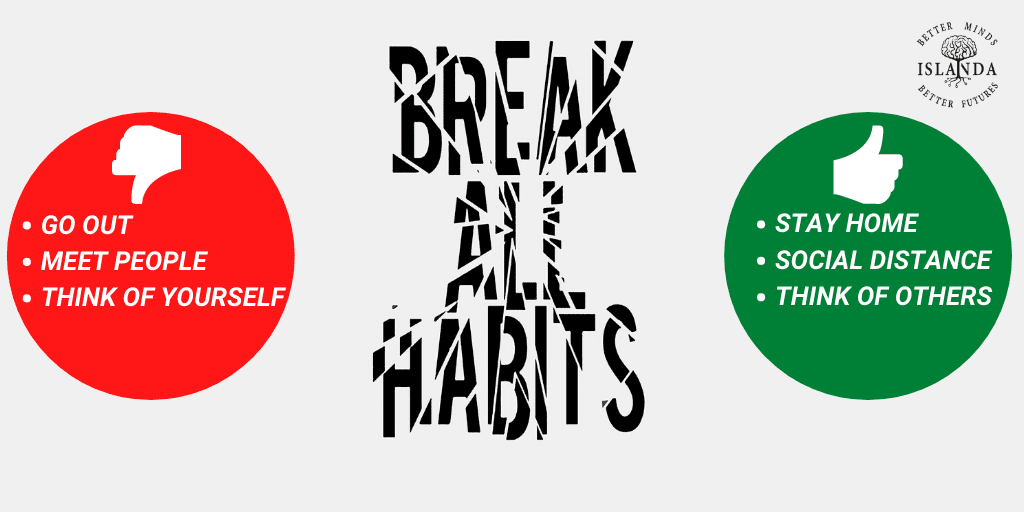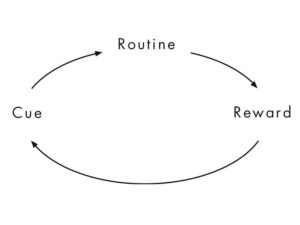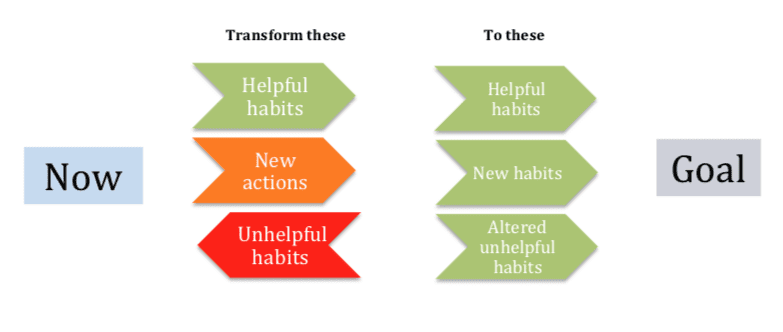In these unprecedented times we are being asked to adopt a new way of living with different daily activities and different ways of interacting with each other. However, in spite of numerous press conferences, constant updates in the news and on all forms of social media, many people are continuing to live their lives in their usual ways with little modification. For example, people in the vulnerable categories are still going out, social distancing is not being strictly adhered to and many people are flocking to parks, beaches or visiting family and friends at their homes.
So why are people struggling to change their habitual behaviours?
There are a number of possible reasons:
1 The threat of COVID-19 is not PERCEIVED AS REAL for many of us:
- We can’t see it
- We might not have any direct experience of it as yet
- We haven’t experienced anything like this before
- We may feel that we are not personally at risk
2 We are creatures of habit, tending to respond on autopilot, unconscious of our learned patterns and habits and the cues that trigger them
3 We are social emotional beings with an innate need to be together, borne out by the belief that there is “safety in numbers”. At this point in time, this belief remains true, in that we need to work together, but could not be further from the truth in a physical sense.
To respond effectively and minimise the risk to our society as a whole we need to:
- Be clear on what we are trying to achieve collectively
- Change our ingrained habits and
- Work together
Habits that are not in alignment with our goals will SABOTAGE OUR SUCCESS
So how do habits work?
Charles Duhigg, author of The Power of Habit, illustrates habits as follows:
He explains the three-step habit loop as follows:
Step 1 There is a cue or trigger that tells your brain to go into automatic mode and which habit to use
Step 2 There is a routine, which can be a physical, mental or emotional pattern
Step 3 There is a reward that helps your brain figure out if this particular loop is worth remembering for the future
Over time, this loop – cue, routine reward – becomes more and more automatic and a habit is formed.
Examples of cues and rewards that are driving us to go out and congregate:
All of these routines go against current recommendations for social distancing, minimising social gatherings and staying at home, all fundamental to slow down the spread of the disease and protect our most vulnerable members of society. We need to change our usual habits and adopt new ones that will achieve our collective objectives.
How to use Habits to Achieve Goals
To achieve our goals we need to define and execute the necessary actions (including existing helpful habits and new actions) and stop doing those actions that may sabotage our success (unhelpful habits)
Follow these 5 steps:
Step 1: Define your goal – be clear about what you want. For example, collectively we want:
- To survive as a society/community
- To protect the vulnerable
- To minimise casualties and deaths
Step 2: Notice your cues and PAUSE to consider:
- What habits do you have?
- What rewards do they provide?
- Are they helping you achieve your goal?
Step 3: Define the necessary actions that will achieve what we want and need (ensuring adherence to the recommendations provided by the governments and health organisations)
Step 4: Identify any current unhelpful habits that may impede success and work on how you can alter the routine but maintain any rewards associated with it
Step 5: Be patient – new habits take time to develop
Now is the time to raise your consciousness:
- Think about the long-term collective goal (instead of short term gratification)
- Understand the consequences of your actions
- Commit to take responsible actions
Furthermore, the positive benefit of understanding how habits work is that you can apply your new knowledge to other goals such as losing weight, getting fit and starting new projects. What’s the next challenge that you want to work on?



